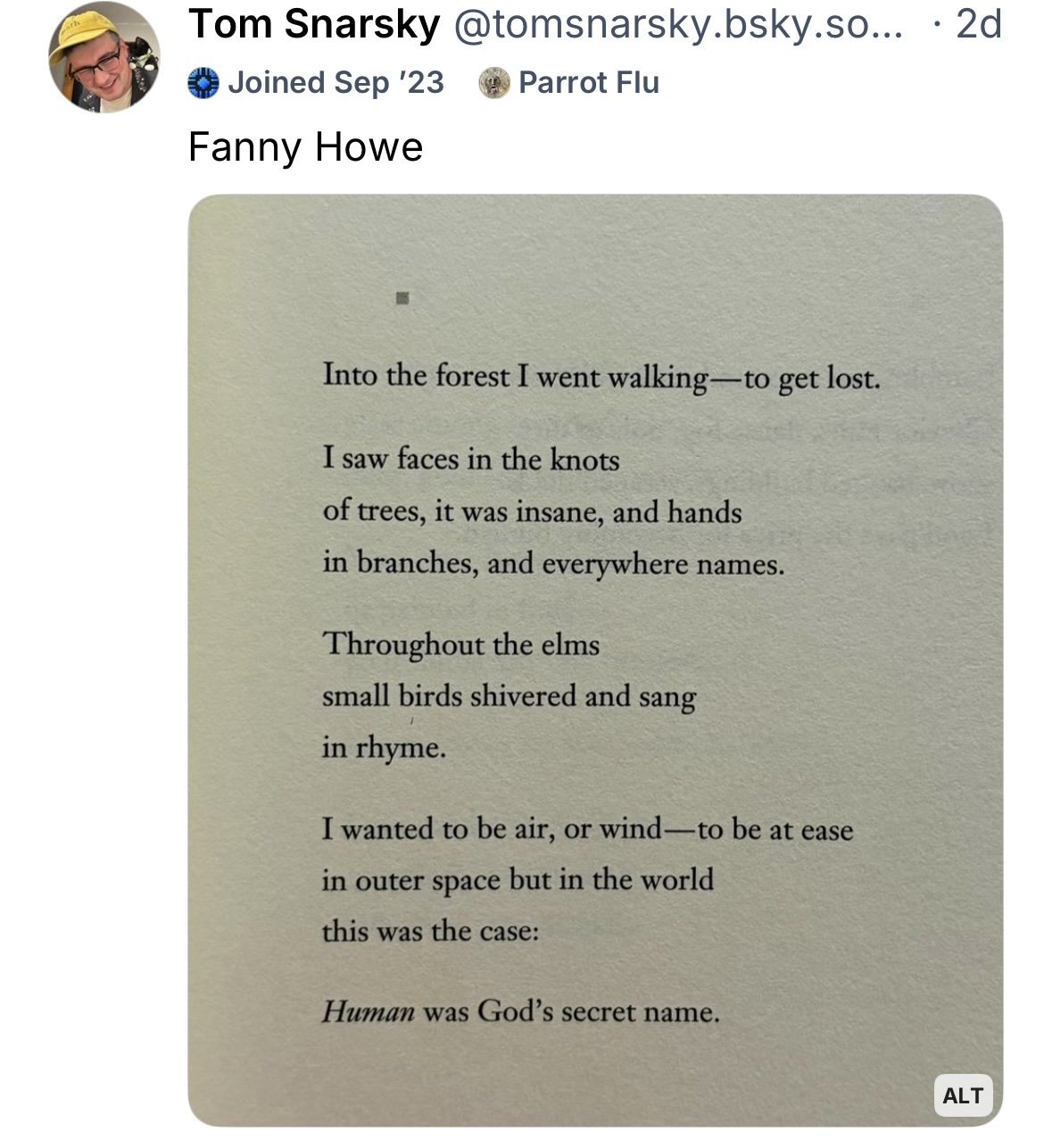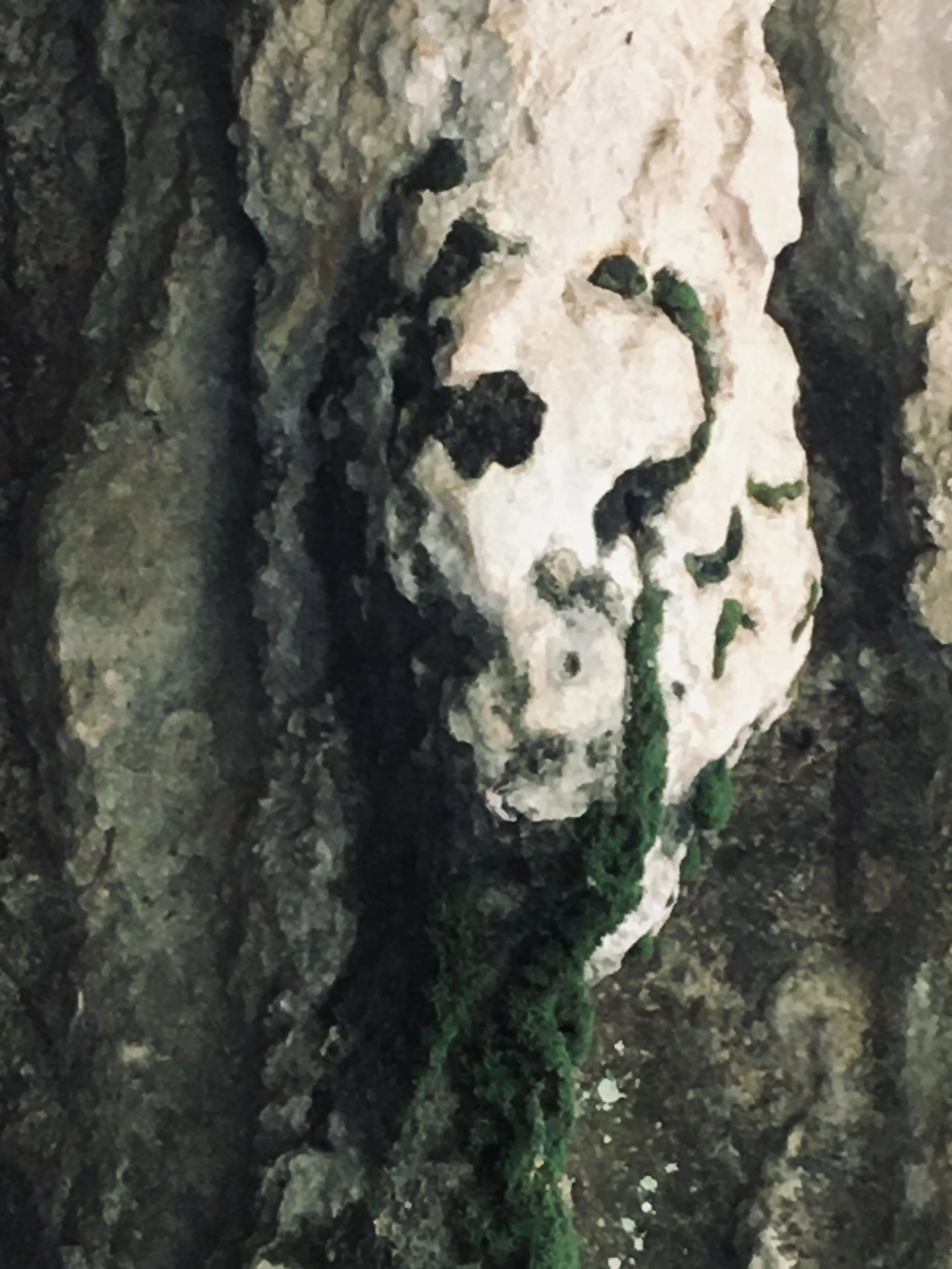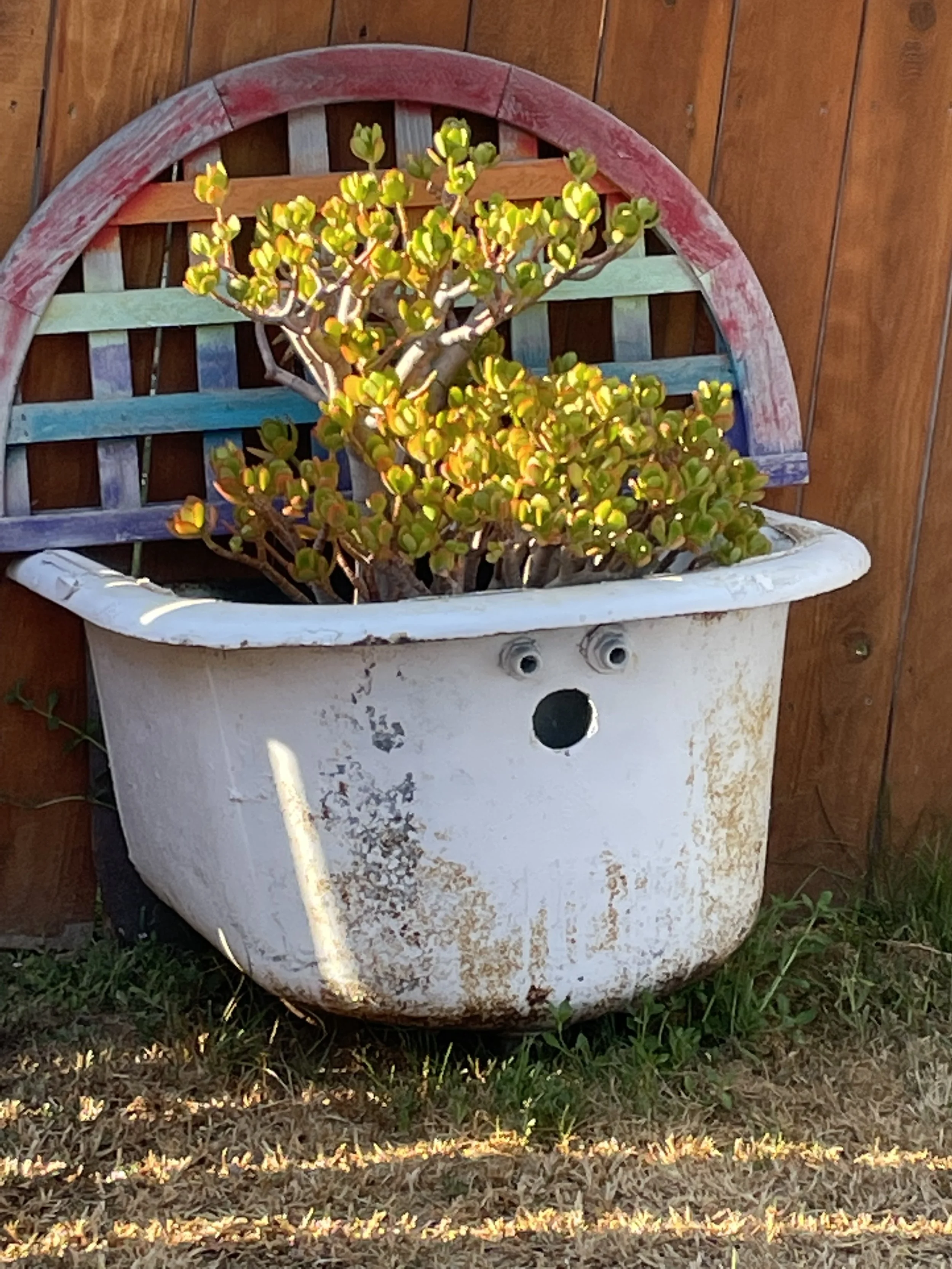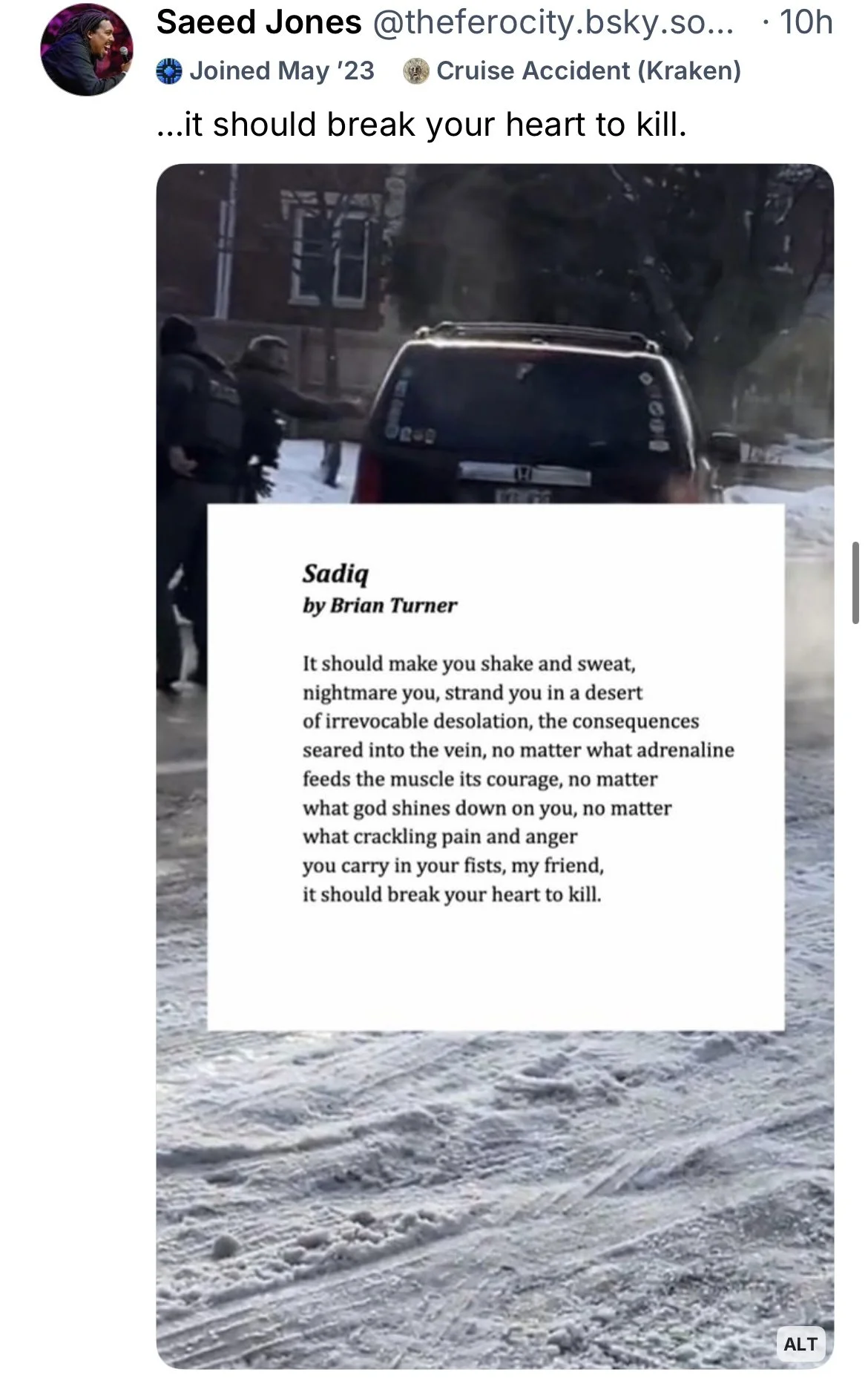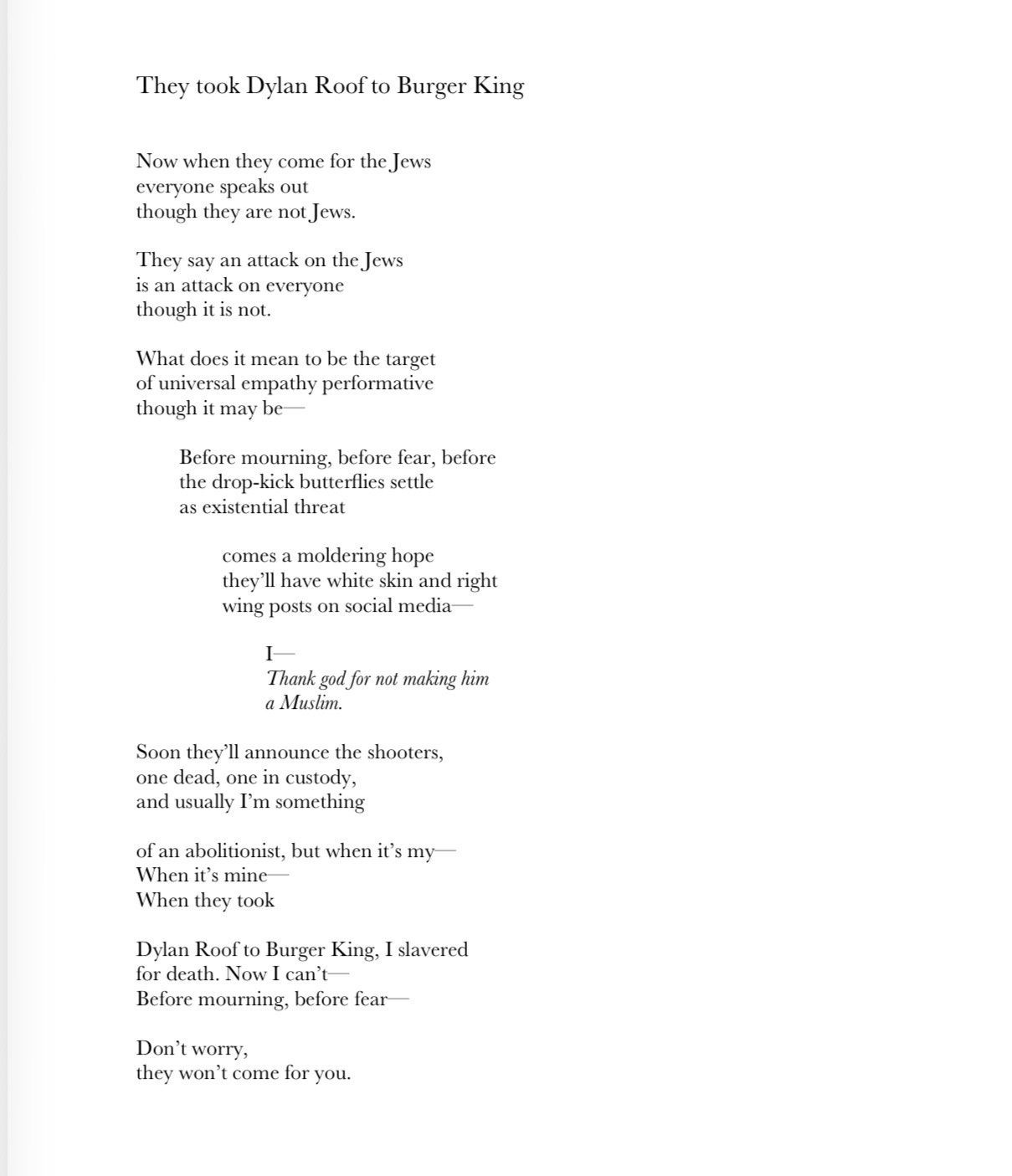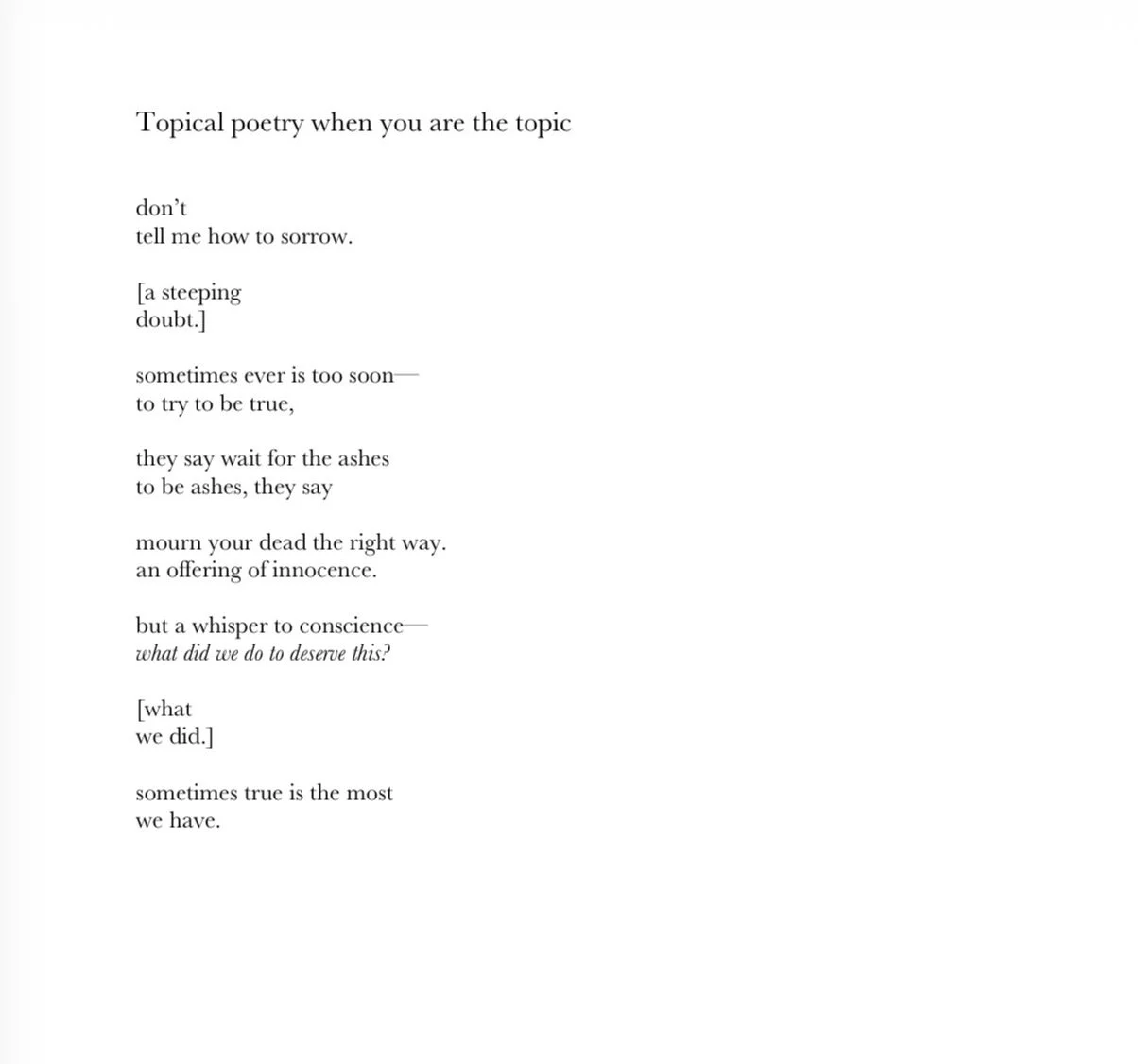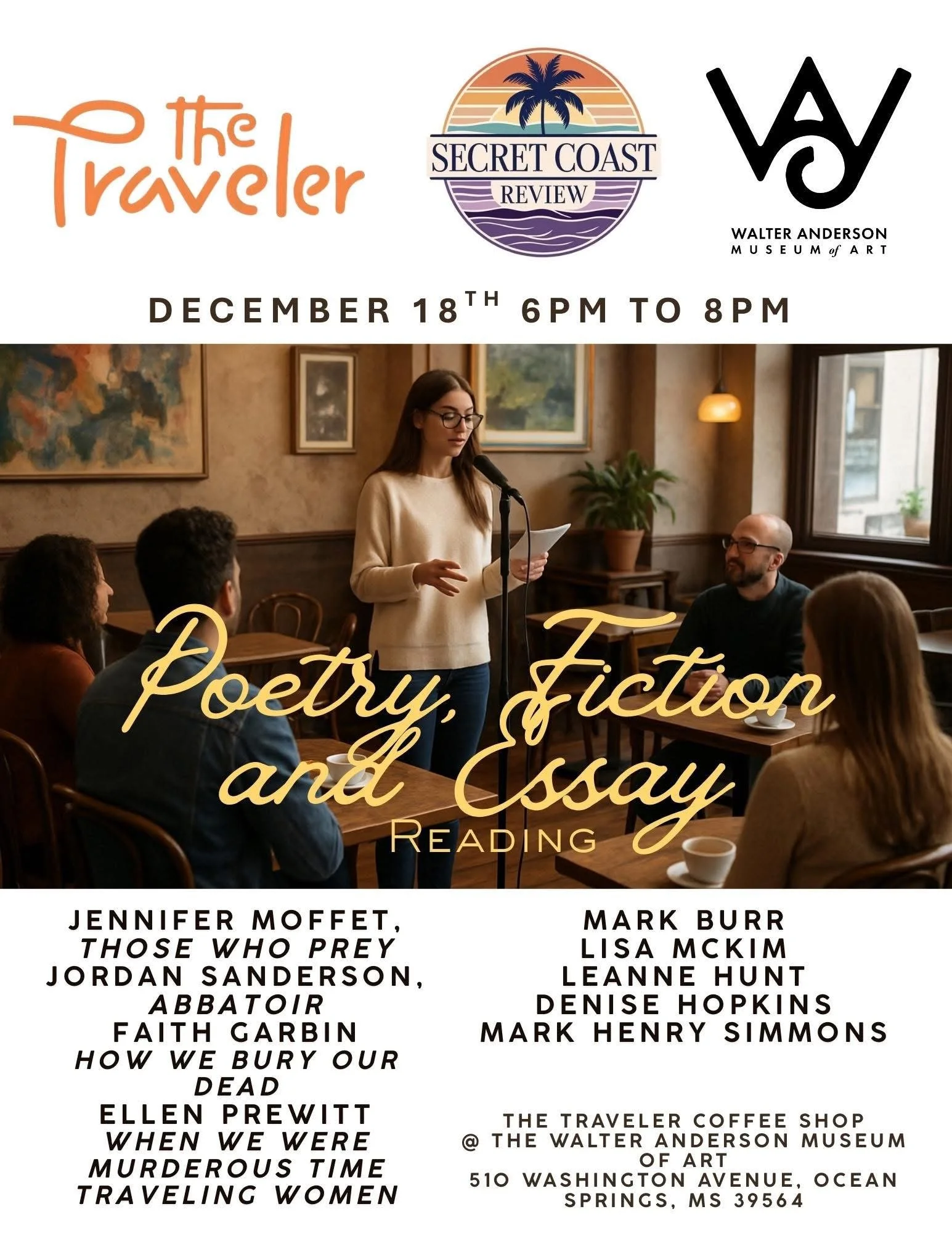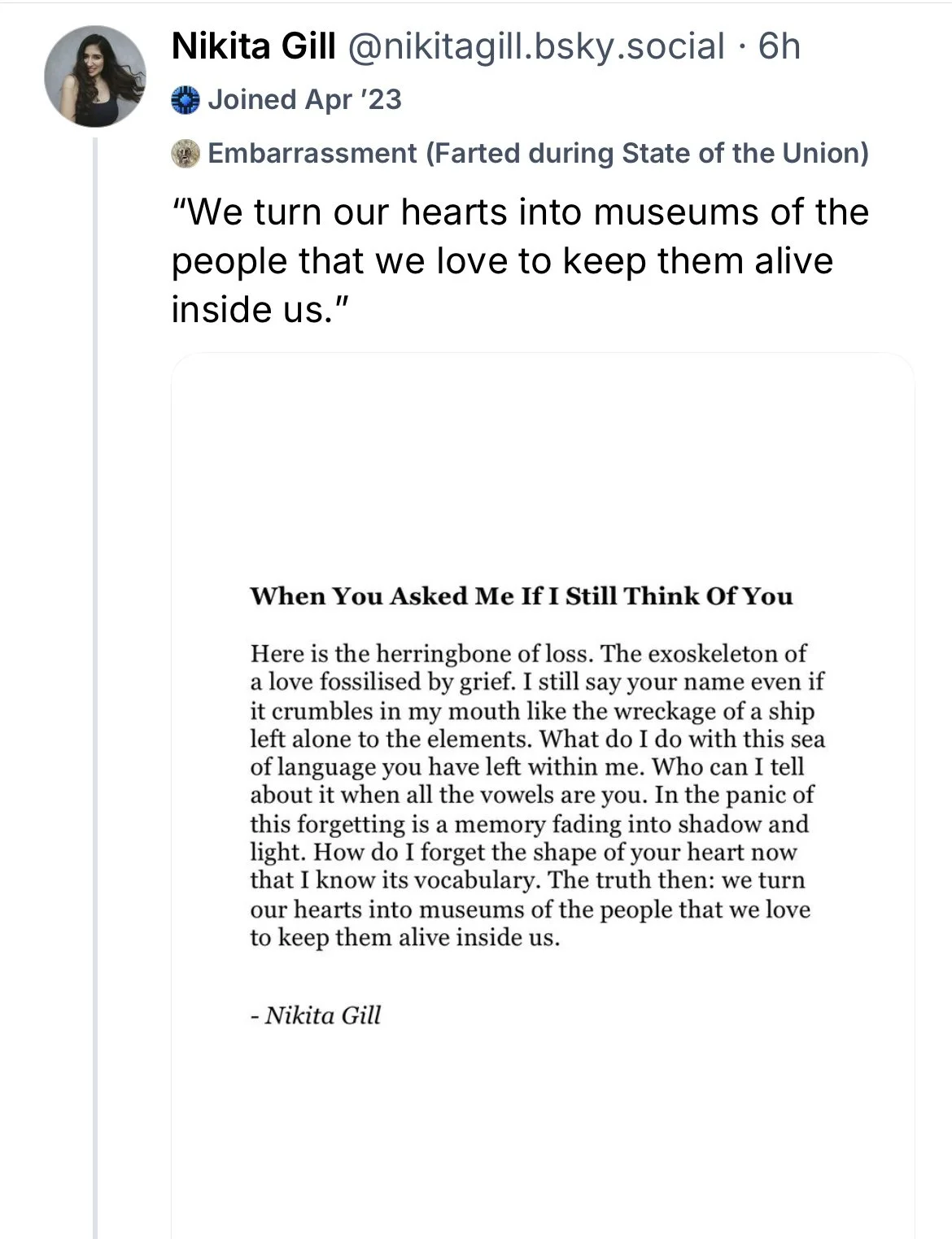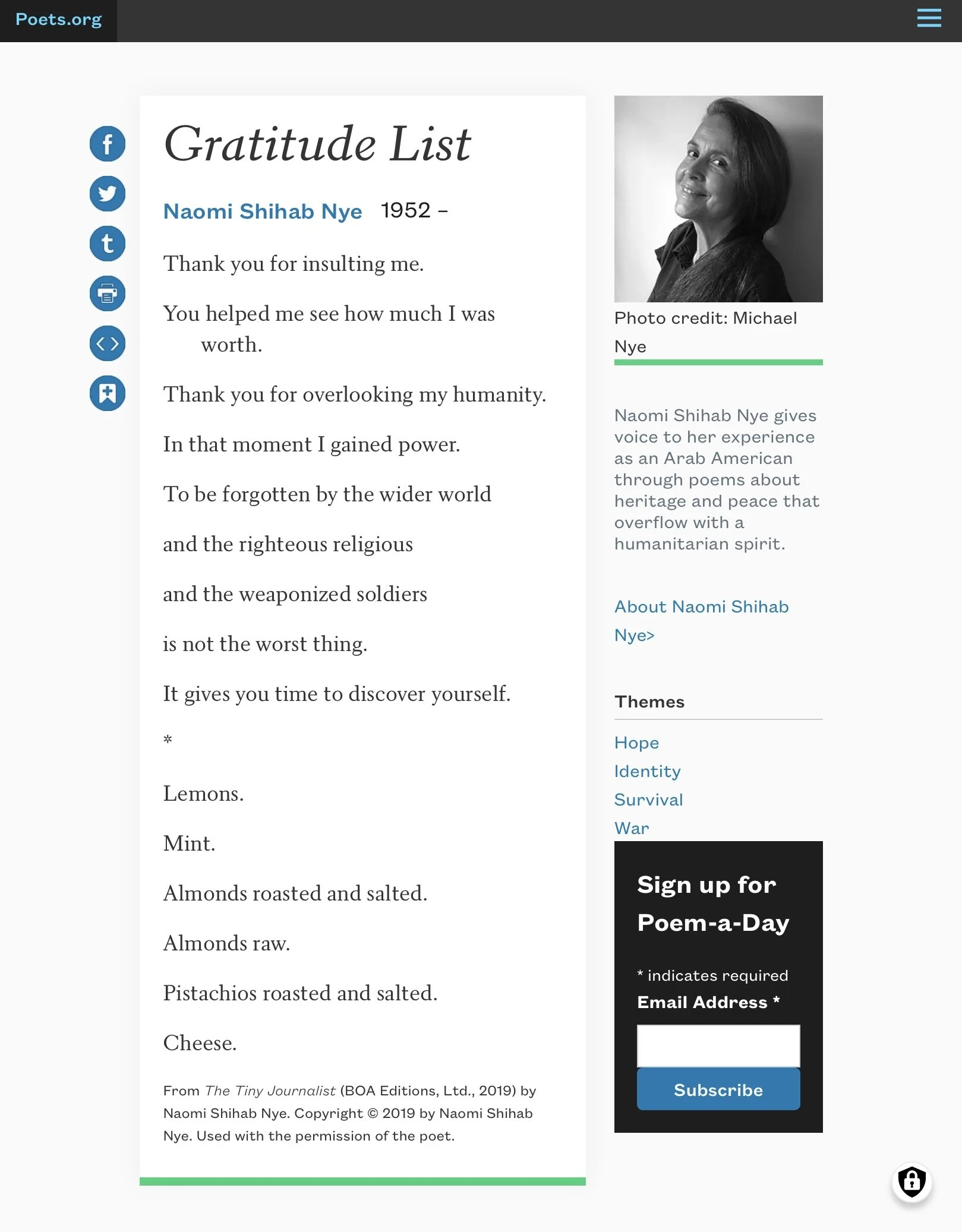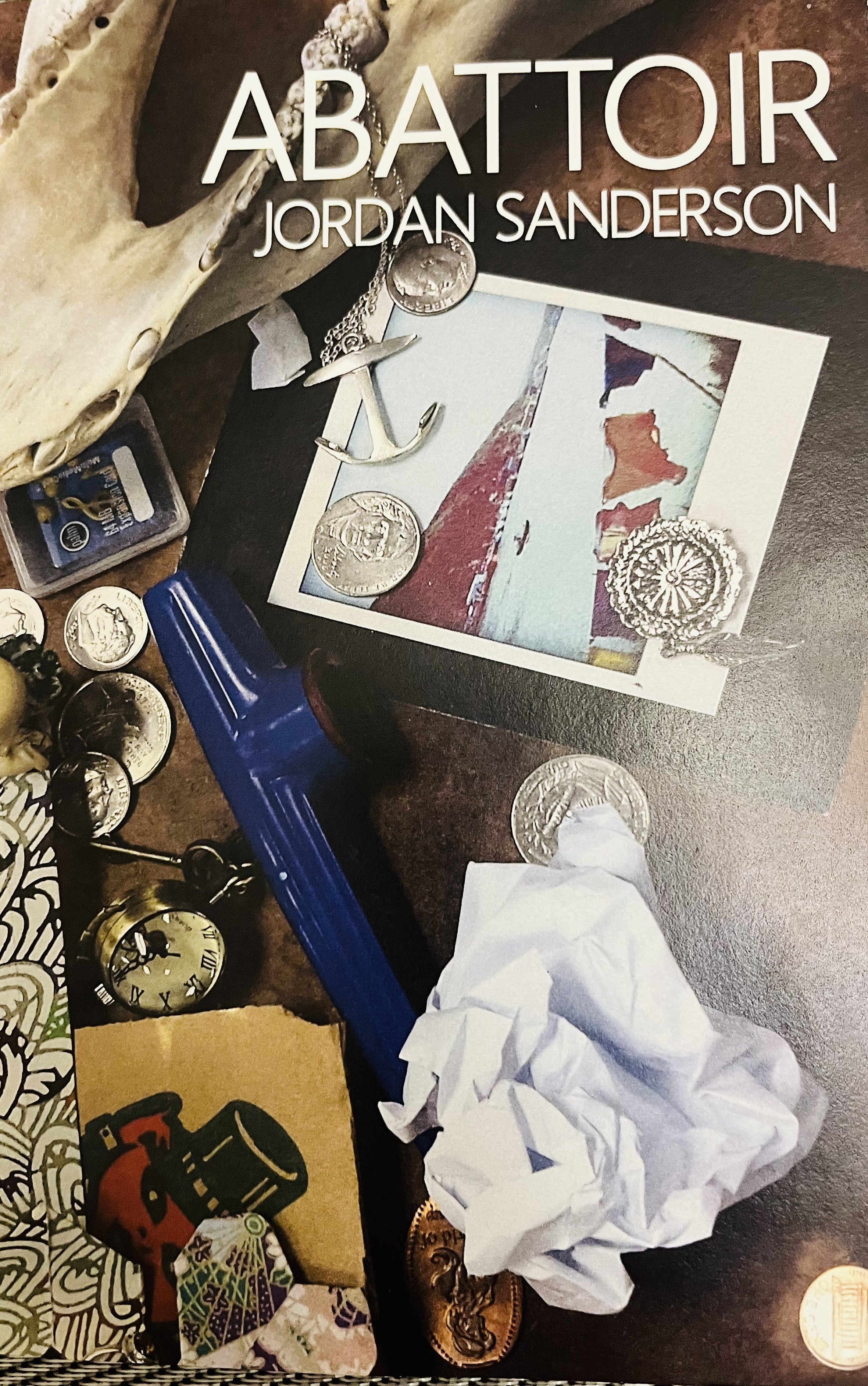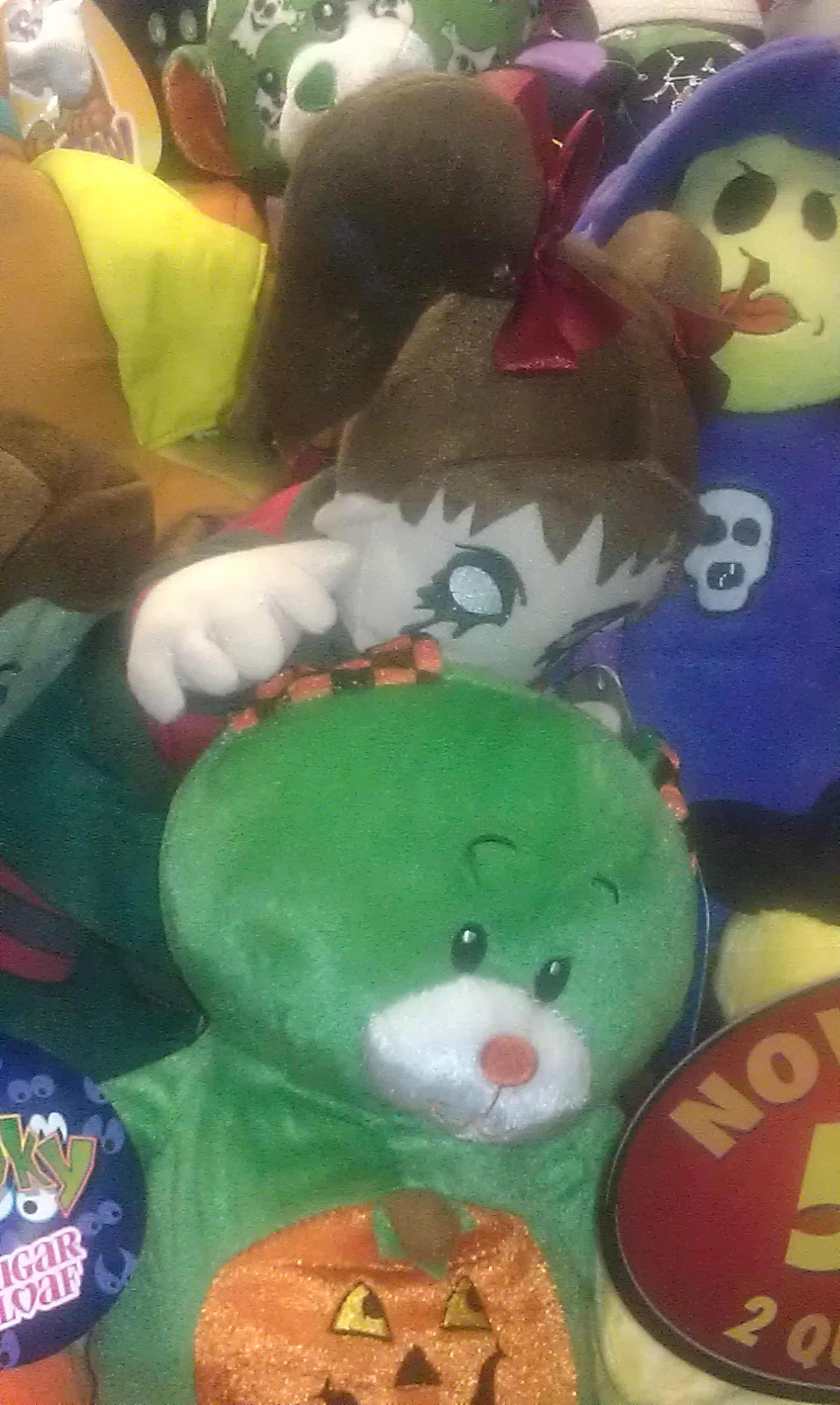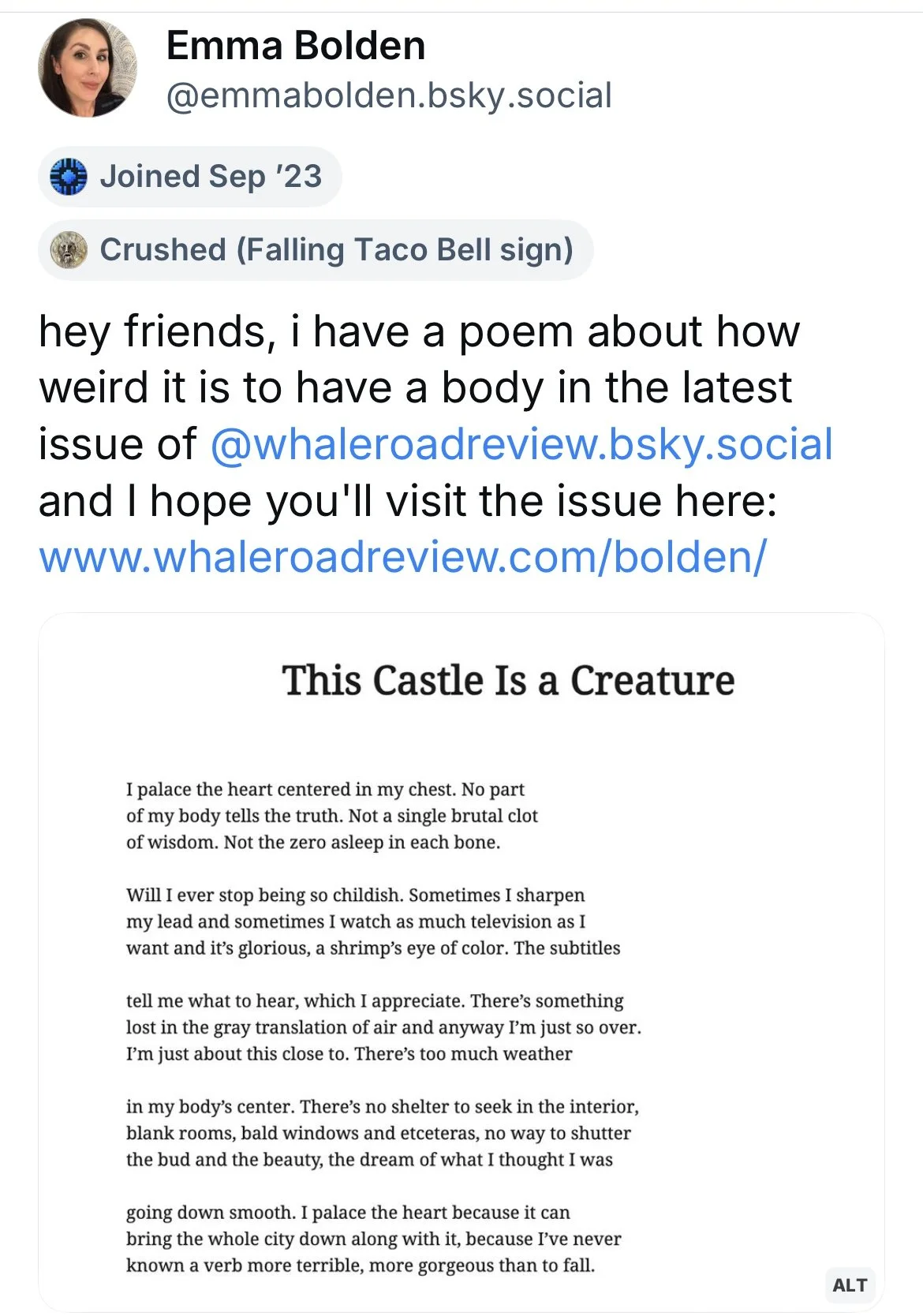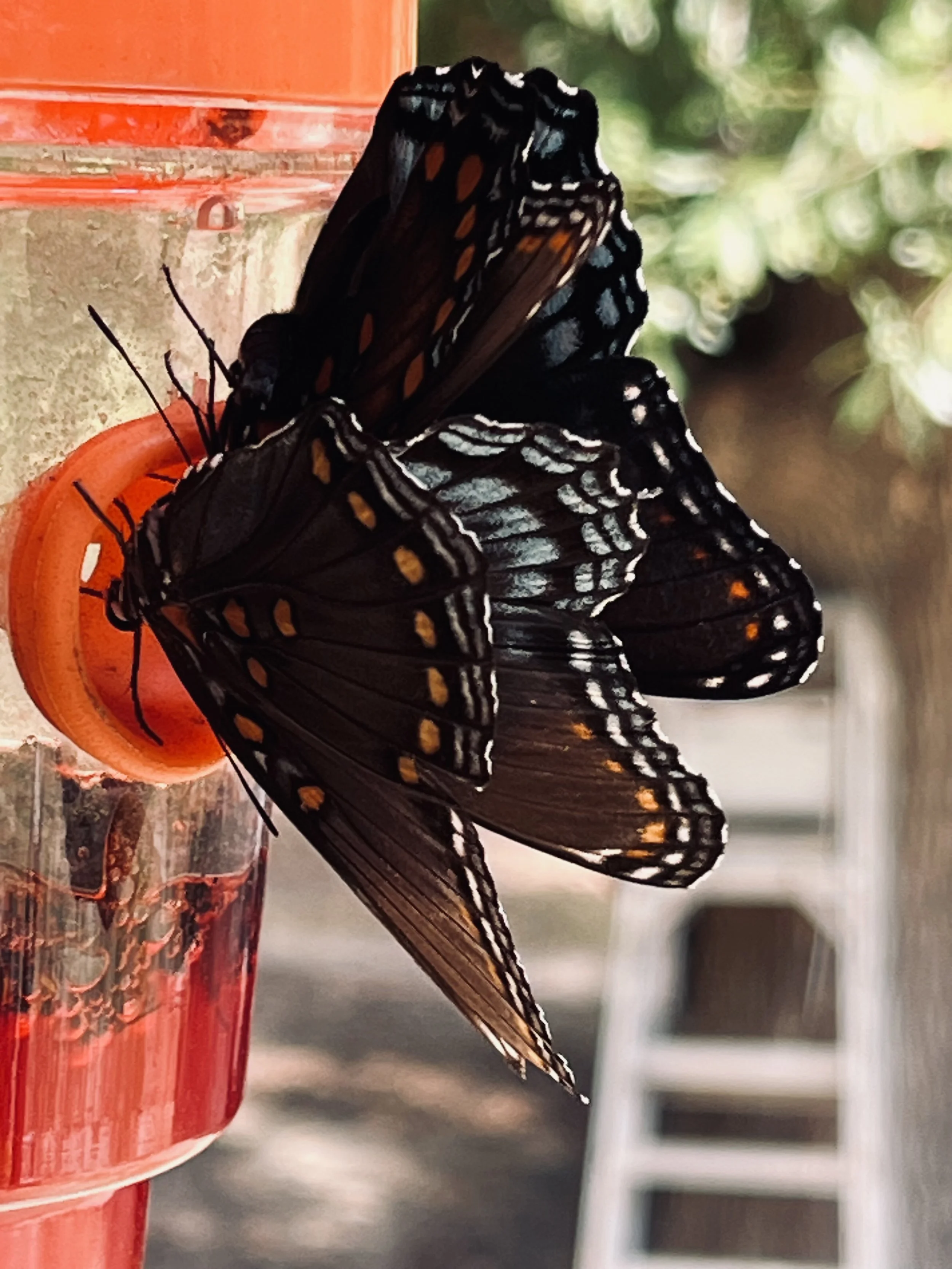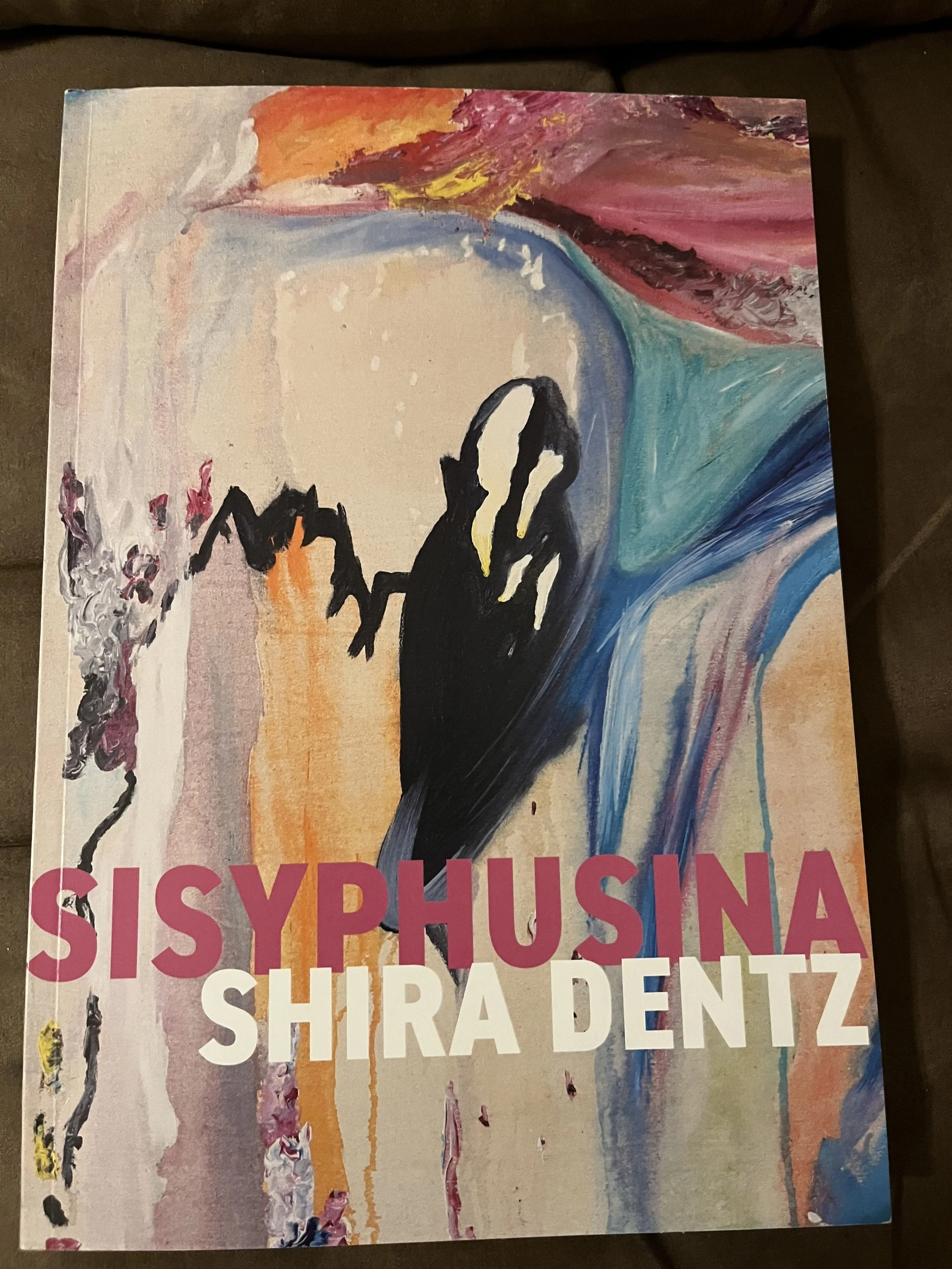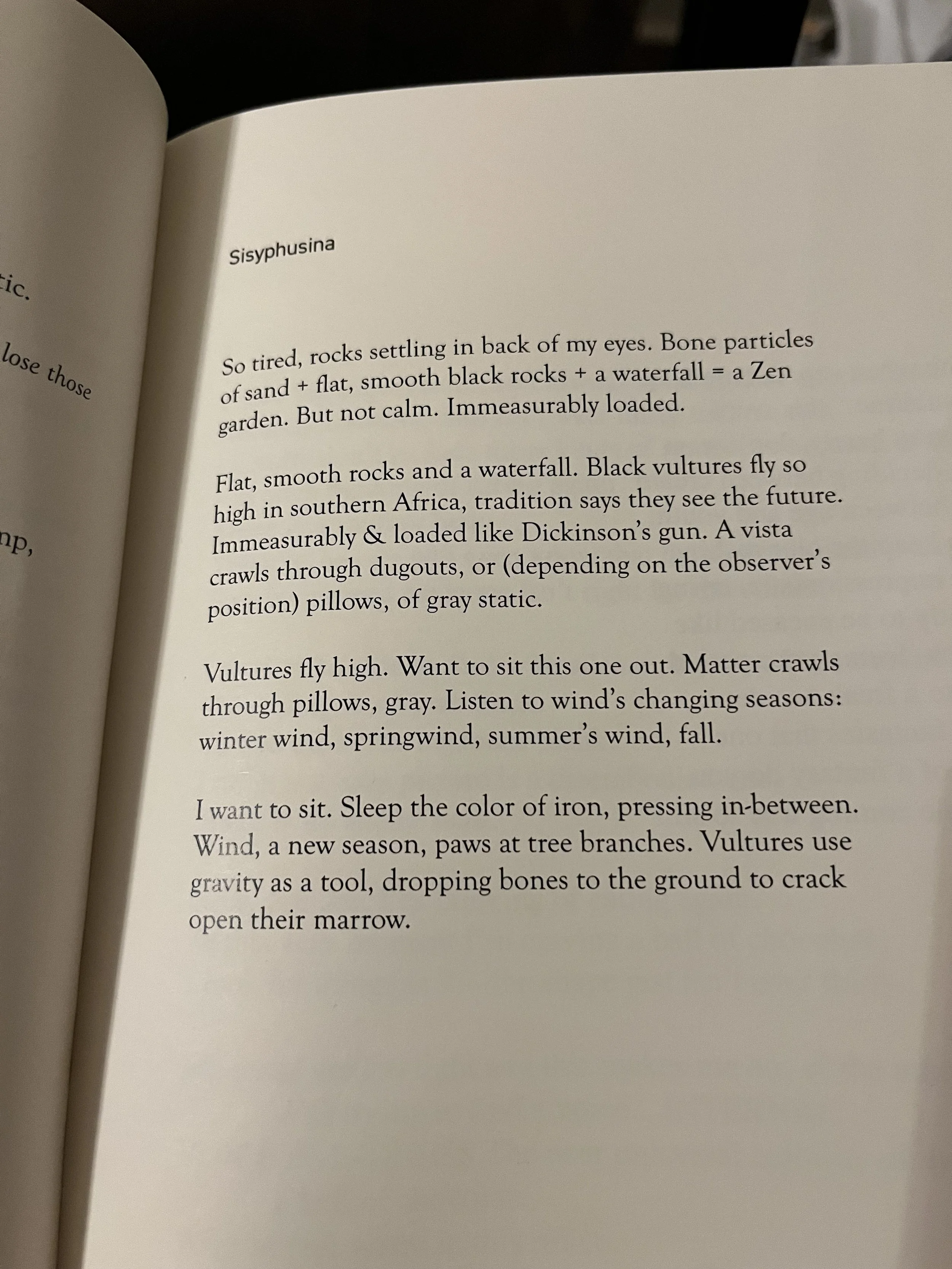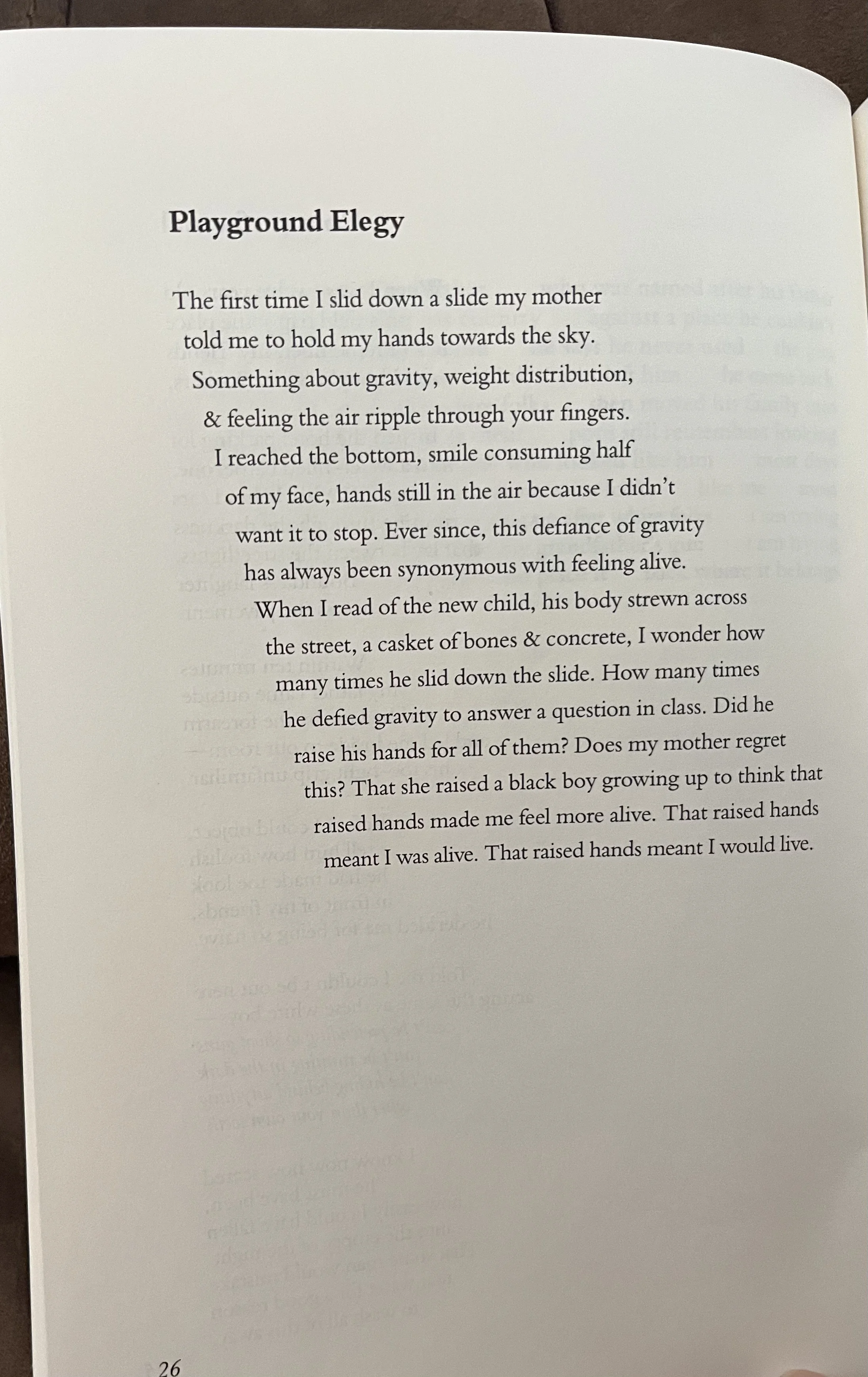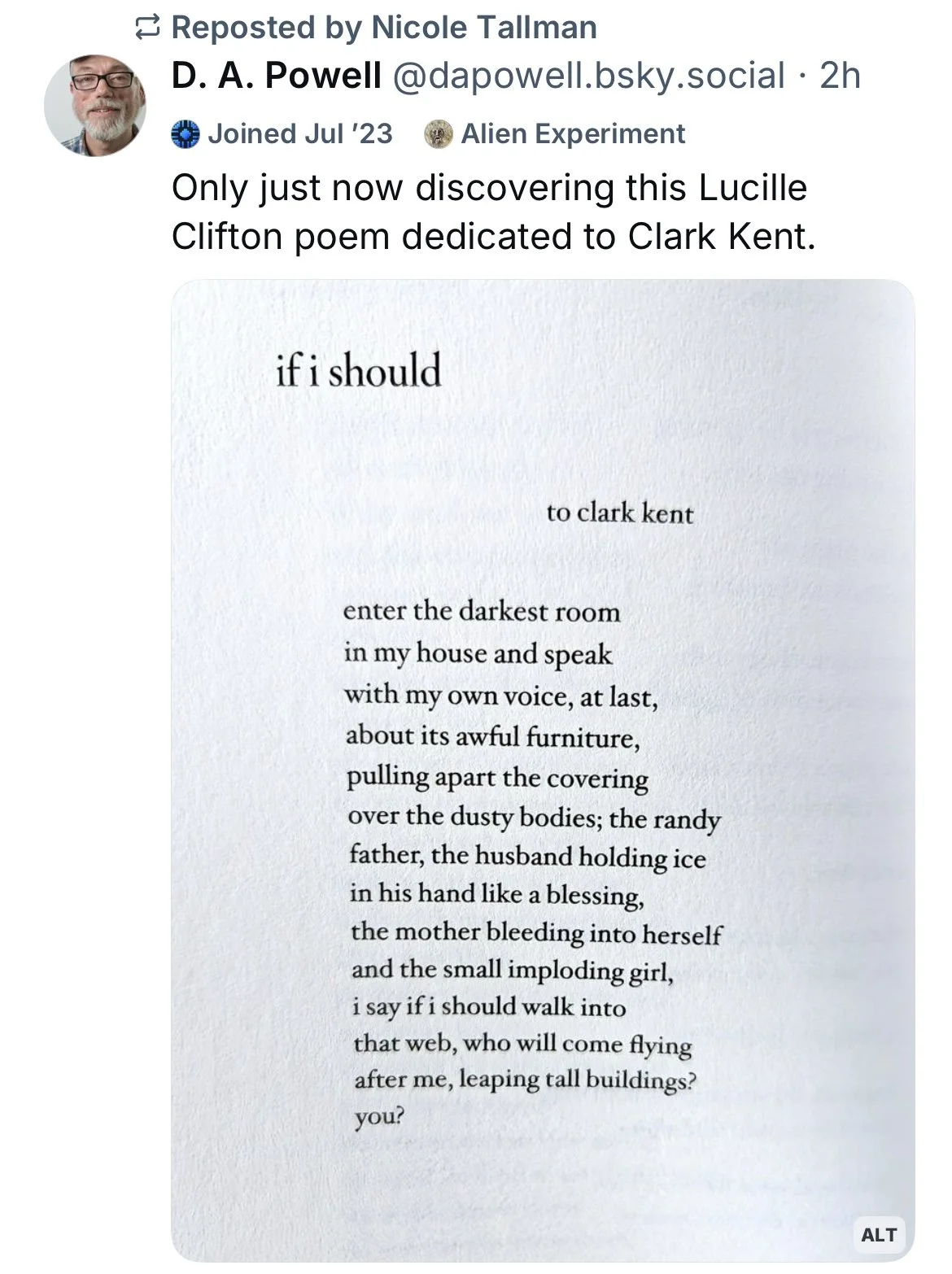I hope you all are doing well—or as well as possible—in these times. Sometimes we need to step away from the turmoil and suffering if we can. I like to think that in this poem, the narrator walks into the forest to get away from other people, from herself even, but everywhere there are people and her own awareness.
For the first prompt, name the names in this forest’s trees, whose faces and hands do you see and how did they come there?
I am prone to pareidolia—seeing faces and shapes in trees, shadows on the ground, clouds, even houses and kitchen sinks—which is perhaps why I am particularly skeptical of AI hype. Humans are as quick to attribute human characteristics or sentience to objects as they are to deny them of other groups of humans. For the next prompt, write about your own experience with this phenomenon or explore it through a fictional account.
The third prompt is to imagine a world without human faces and voices and what will fill that absence and perform the naming?
For the next, write a poem or story using the following list of words: “lost,” “knots,” “hands,” “elms,” “shivered,” “wind,” “ease” and “name.”
The last prompt is to use the the line “I wanted to be air, or wind—to be at ease” for a ghostline, remembering to erase the line after finishing the poem or story and crediting the poet.
While at the Buffalo River, I saw a skeletal woman in the shape of this moss-covered rock, but my photo didn’t capture the illusion. Write whatever this photo inspires for bonus prompt.
To end on a more cheerful prompt, write from this surprised sink’s perspective. What just happened?
Good luck writing. Have fun.

